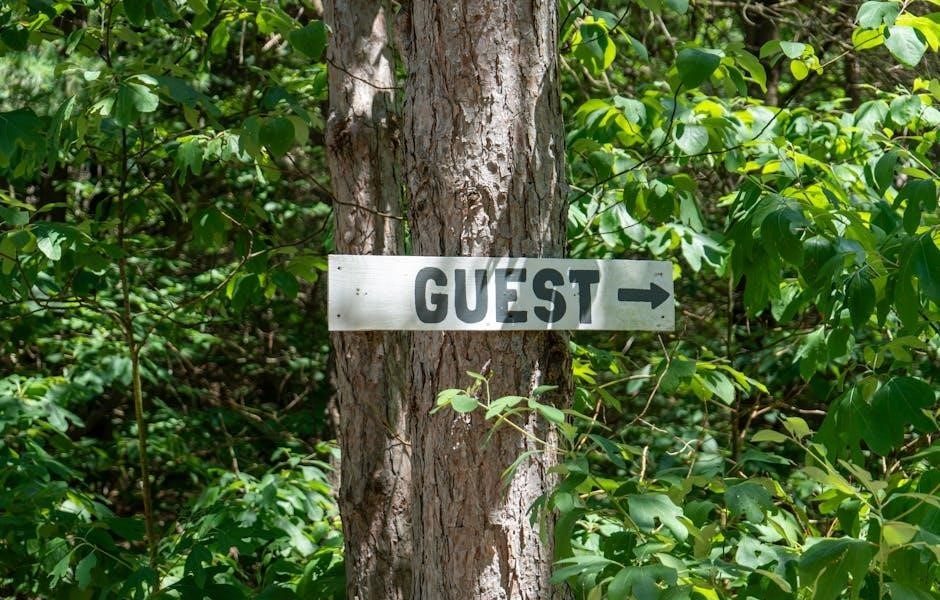
how to become a hunting guide
Becoming a hunting guide requires a blend of outdoor expertise, physical stamina, and interpersonal skills. It involves guiding hunters safely while ensuring ethical practices and legal compliance.
Overview of the Hunting Guide Profession
A hunting guide leads hunters safely and effectively, ensuring memorable experiences while adhering to ethical and legal standards. The role demands a deep understanding of wildlife, terrain, and outdoor survival. Guides must possess strong communication and organizational skills to manage excursions and build client relationships. Physical fitness, knowledge of animal behavior, and navigation expertise are essential. The profession also requires adaptability, as guides must respond to varying weather conditions and client needs. Ultimately, a successful guide balances technical skills with a passion for conservation and outdoor stewardship, fostering respect for nature and hunting traditions.

Education and Training
Education and training are crucial for aspiring hunting guides. They typically include guide school attendance, first aid, CPR certification, and wildlife management courses.
Importance of Guide Schools
Guide schools play a vital role in preparing aspiring hunting guides. They offer specialized training, hands-on experience, and mentorship, covering essential skills like animal tracking, navigation, and safety protocols. These programs often include wilderness first aid, firearms safety, and wildlife management, ensuring comprehensive knowledge. Attending a reputable guide school enhances credibility, making graduates more competitive in the job market. Additionally, guide schools provide networking opportunities, connecting students with experienced professionals and potential employers. This structured education is crucial for building a strong foundation in the profession.
First Aid and CPR Certification
First aid and CPR certification are essential for hunting guides, ensuring they can respond effectively to medical emergencies in remote settings. These certifications teach critical skills like wound management, injury assessment, and cardiac arrest response. Guides must be prepared to handle accidents, such as falls, wildlife encounters, or equipment-related injuries. Having these credentials not only saves lives but also builds client trust and demonstrates professionalism. Most states require guides to hold valid first aid and CPR certifications, making them a cornerstone of the profession.
Wildlife Management and Biology Courses
Wildlife management and biology courses are crucial for hunting guides, providing insights into animal behavior, habitats, and ecosystems. These courses cover topics like population dynamics, conservation practices, and species-specific characteristics. Understanding wildlife biology helps guides track and predict animal movements, enhancing hunting success. Additionally, these courses emphasize sustainable practices, ensuring ethical hunting and environmental stewardship. While not mandatory, such education significantly enhances a guide’s expertise and ability to lead informed and responsible excursions, making it a valuable investment for aspiring professionals.

Essential Skills for Hunting Guides
Hunting guides must excel in physical fitness, animal tracking, and navigation. Proficiency in firearms safety, emergency response, and effective communication are also vital for success in this role.
Physical Fitness Requirements
Physical fitness is crucial for hunting guides, as the job demands endurance, strength, and stamina. Guides must be able to hike long distances with heavy gear, navigate challenging terrain, and handle the physical demands of setting up camp. Good cardiovascular health and muscular endurance are essential for leading excursions in remote, unpredictable environments. Additionally, guides must maintain the energy to assist clients and respond to emergencies, making physical conditioning a cornerstone of their preparation and success in the field.
Knowledge of Terrain and Navigation
Understanding the terrain and navigation skills are vital for hunting guides. They must intimately know the land, including trails, water sources, and habitats. Proficiency with maps, compasses, and GPS tools is essential for leading groups safely. Guides should recognize natural landmarks and understand how to read terrain features, enabling them to navigate effectively, even in remote areas. This knowledge ensures successful excursions and helps in locating game, making it a critical skill for any aspiring guide to master and maintain throughout their career.
Animal Tracking and Behavior Understanding
Understanding animal tracking and behavior is crucial for hunting guides. This involves recognizing tracks, scat, and other signs to identify species and their movements. Guides must also comprehend animal behavior, such as feeding patterns, habitat preferences, and response to weather. This knowledge allows guides to predict and locate game effectively. Additionally, understanding how animals react to human presence helps ensure safe and ethical hunting practices. Mastery of these skills enhances the guide’s ability to lead successful and memorable excursions, making it a cornerstone of their expertise and client satisfaction.

Licenses and Certifications
Obtaining necessary licenses and certifications is essential for hunting guides. These typically include first aid, CPR, state-specific hunting permits, and federal regulations compliance.
State-Specific Licensing Requirements
State-specific licensing requirements vary widely, often mandating guides to complete specialized training or certification programs. Some states require proof of hunting experience, while others demand guide-specific endorsements. Many jurisdictions also insist on first aid and CPR certifications, alongside hunter safety education. Additionally, certain regions may require knowledge of local wildlife, terrain, and regulations. Prospective guides must research and comply with their state’s unique licensing criteria to operate legally and professionally.
Federal Regulations and Permits
Federal regulations require hunting guides to obtain specific permits for operating on public lands or in protected areas. Guides must comply with endangered species protections and firearms regulations. Additionally, permits for guiding on federal lands, such as national parks or wildlife refuges, are often mandatory. The U.S. Fish and Wildlife Service may also require compliance with the Migratory Bird Treaty Act for waterfowl hunting. Guides must ensure all activities align with federal environmental and wildlife laws, as non-compliance can result in penalties or license revocation. Staying informed about federal updates is essential for legal operation.
Hunter Safety Education Certification
Hunter Safety Education Certification is mandatory for most hunting guides. This certification ensures guides understand safe hunting practices, ethical standards, and legal requirements. The course covers firearm safety, wildlife conservation, and outdoor survival. Guides must complete a state-approved hunter education program, which includes both classroom and field training. Certification is crucial for obtaining a hunting guide license and demonstrates a commitment to responsible and safe hunting practices. It is a foundational requirement for all aspiring guides to ensure client safety and adherence to hunting regulations. This certification is often required by law and strongly recommended by industry standards.
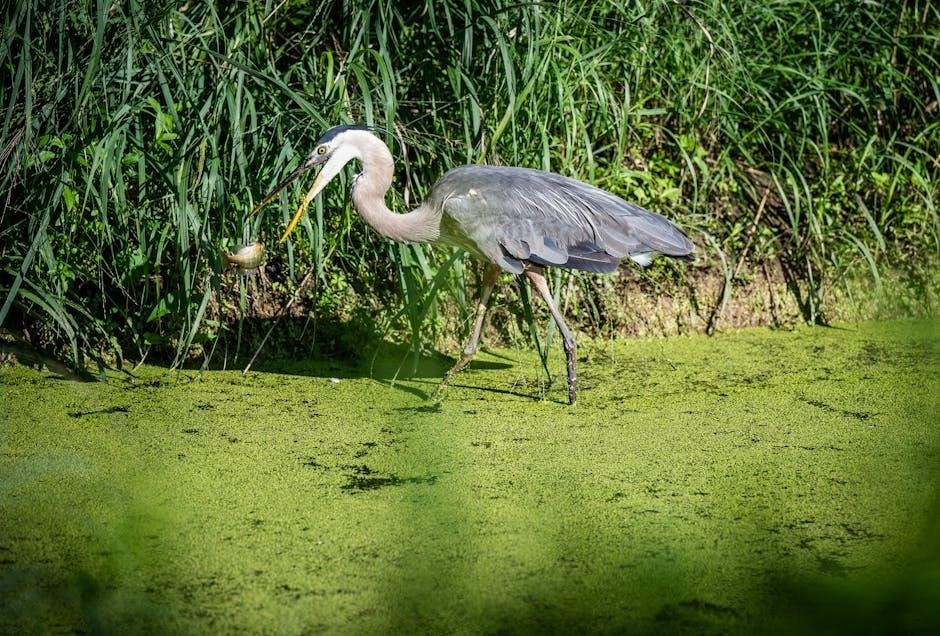
Field Skills and Experience
Hunting guides must possess hands-on experience with firearms, survival techniques, and terrain navigation. Proficiency in handling stock, map reading, and leading excursions is essential for success.
Firearms Safety and Handling
Firearms safety and handling are critical skills for hunting guides. Proficiency in safely using and maintaining firearms is essential to ensure client and guide safety. Guides must understand proper handling techniques, storage, and transportation of firearms. Many states require hunter safety education certification, which covers ethical shooting practices and legal responsibilities. Guides should also be adept at instructing clients on firearm safety and ensuring compliance with all local regulations. This expertise builds trust and ensures a safe, successful hunting experience for all parties involved.
Survival and Emergency Response Techniques
Survival and emergency response techniques are vital for hunting guides. They must master skills like building shelters, starting fires, and finding food in the wilderness. Knowledge of first aid and emergency communication is essential. Guides should also be proficient in navigation tools and understand wildlife behavior to prevent dangerous encounters. The ability to remain calm and make quick decisions in emergencies ensures the safety of both the guide and clients, especially in remote areas where help may be delayed.
Map and Compass Navigation
Map and compass navigation is a fundamental skill for hunting guides, ensuring they can lead clients safely through unfamiliar terrain. Guides must be proficient in reading topographic maps, identifying landmarks, and accurately determining locations. This skill is critical in remote areas where GPS may be unreliable. Understanding compass bearings, contour lines, and scale ensures precise navigation. Mastery of these techniques allows guides to track game, avoid hazards, and locate campsites efficiently, making it indispensable for successful hunting excursions and client safety.
Wildlife Knowledge
Understanding animal behavior, habitats, and biology is crucial for hunting guides. Knowledge of migration patterns and seasonal behaviors ensures effective guiding and ethical hunting practices.
Habitats and Migration Patterns
A successful hunting guide must deeply understand the habitats and migration patterns of game animals. This knowledge helps in tracking and locating species effectively during different seasons. Guides need to recognize the specific terrains and ecosystems where animals thrive, such as forests, grasslands, or wetlands. Understanding migration routes and timing is essential for predicting animal movements. This expertise enhances the guide’s ability to lead clients to productive hunting areas, ensuring a successful and memorable experience. Continuous study of wildlife behavior and environmental changes is vital for staying informed.
Wildlife Biology and Ecology
Understanding wildlife biology and ecology is crucial for hunting guides. This knowledge helps identify game animals’ life cycles, feeding habits, and ecological roles. Guides must recognize how species interact with their environments and how human activities impact these relationships. This expertise enables guides to predict animal behavior and ensure sustainable hunting practices. It also aids in maintaining ecological balance, ensuring that hunting activities do not harm local ecosystems. A deep grasp of wildlife biology enhances a guide’s ability to lead ethical and successful hunting excursions while promoting environmental stewardship.
Seasonal Behavior of Game Animals
Recognizing the seasonal behavior of game animals is essential for hunting guides. Understanding migration patterns, feeding habits, and mating seasons allows guides to predict animal movements accurately. This knowledge ensures hunters are in the right place at the right time, maximizing success. Seasonal behaviors vary by species and region, requiring guides to adapt strategies. Tracking these patterns helps maintain ethical practices and sustainable hunting. A guide’s ability to interpret seasonal changes enhances the overall hunting experience, ensuring safety and effectiveness for clients.
Communication and People Skills
Effective communication and interpersonal skills are crucial for hunting guides to build trust, ensure safety, and provide memorable experiences for clients of diverse backgrounds and personalities.
Building Client Relationships
Building strong client relationships is vital for hunting guides. Trust and rapport are established through clear communication, active listening, and understanding client goals. Being personable, patient, and adaptable helps cater to diverse personalities and needs. Sharing knowledge about wildlife and strategies fosters engagement and confidence. Ensuring a safe and enjoyable experience leads to satisfaction and repeat business. Maintaining professionalism and respect for client preferences enhances loyalty and referrals, ultimately strengthening your reputation as a reliable guide.
Effective Communication Techniques
Effective communication is crucial for hunting guides to ensure clarity and safety. Active listening, clear instructions, and regular updates keep clients informed and engaged. Adapt your communication style to match clients’ experience levels, providing encouragement and constructive feedback. Using hand signals and verbal cues in the field helps maintain order and safety. Being approachable and patient fosters a positive environment, while post-hunt debriefs allow for feedback and reflection, enhancing future interactions and building lasting client relationships.
Conflict Resolution Strategies
Conflict resolution is vital for maintaining professionalism and client trust. Stay calm, listen actively, and address issues promptly to prevent escalation. Focus on understanding perspectives and finding mutually beneficial solutions. Open dialogue and empathy help diffuse tensions, while clear communication ensures expectations are aligned. Foster a collaborative environment by encouraging feedback and respecting diverse opinions. Resolving conflicts effectively not only enhances client satisfaction but also strengthens your reputation as a reliable and skilled hunting guide.
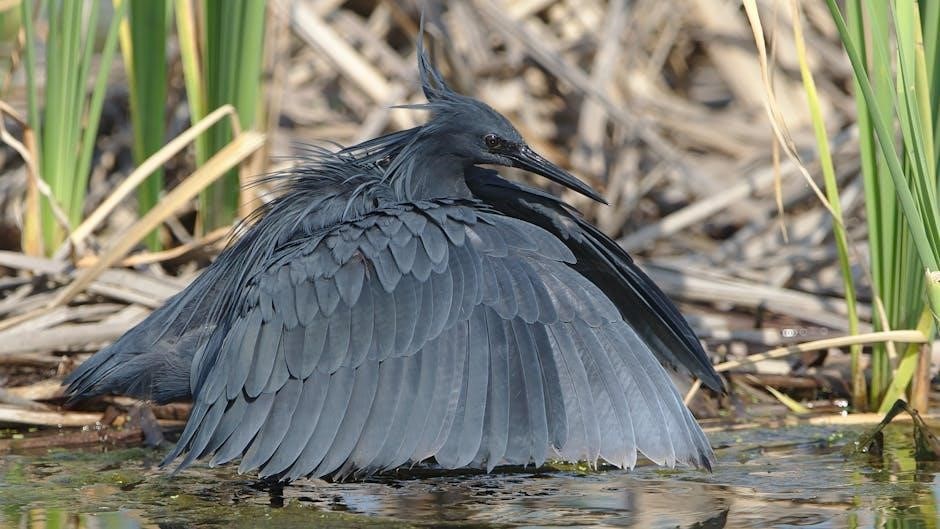
Networking and Professional Development
Networking and professional development are crucial for hunting guides. Joining associations, attending workshops, and seeking mentorship can enhance skills, expand opportunities, and build lasting client relationships.
Joining Professional Associations
Joining professional associations is a key step for aspiring hunting guides. These organizations offer networking opportunities, mentorship programs, and access to industry resources. They provide updates on regulations, ethical practices, and safety standards. Membership often includes training opportunities, workshops, and conferences. Associations also help build credibility and trust with clients. Many guides find valuable connections and support through these groups, which can lead to job opportunities and business growth. Active participation in associations demonstrates a commitment to professional development and excellence in the field.
Attending Workshops and Seminars
Attending workshops and seminars is essential for gaining specialized knowledge and refining skills. These events often cover topics like wildlife management, safety protocols, and legal requirements. They provide hands-on training and opportunities to learn from experienced professionals. Workshops may focus on specific hunting techniques, terrain navigation, or gear maintenance. Seminars can also address business aspects, such as marketing and client relations. By participating, guides stay updated on industry trends and best practices, enhancing their expertise and reputation. Such events are invaluable for both novice and seasoned guides seeking continuous improvement.
Mentorship Opportunities
Mentorship is a valuable resource for aspiring hunting guides, offering hands-on experience and industry insights. Seasoned guides provide guidance on techniques, safety, and ethical practices. Mentorship programs often include shadowing experienced professionals, learning terrain navigation, and mastering animal tracking. These opportunities foster skill development and confidence. Mentors also share knowledge on client management and legal requirements. Building a mentor relationship can open doors to networking and career advancement. It’s a crucial step in transitioning from theoretical knowledge to practical application, ensuring a well-rounded and competent approach to guiding. This support system is key to long-term success in the field.

Marketing and Business Skills
Developing a strong business plan, effective marketing strategies, and financial management skills are essential for promoting guiding services and maintaining a profitable hunting guide business.
Creating a Business Plan
A well-structured business plan is crucial for aspiring hunting guides. It outlines financial goals, target clientele, and service offerings. Market analysis and competitive research help identify niche opportunities. Defining pricing models and revenue streams ensures profitability. Including detailed financial projections and operational logistics is essential. The plan should also address licensing, insurance, and equipment costs. Regularly reviewing and updating the plan helps adapt to market trends and client demands, ensuring long-term success in the guiding industry.
Marketing Strategies for Hunting Guides
Effective marketing is vital for hunting guides to attract clients. Building a strong online presence through a professional website and social media platforms is essential. Utilize SEO techniques to ensure visibility in search results. Share engaging content like hunting stories, tips, and photos to connect with your audience. Leverage client testimonials and reviews to build credibility. Consider email marketing and newsletters to keep clients informed. Collaborate with outdoor brands or local businesses for cross-promotion. Attend trade shows and hunting expos to network and showcase your services. Paid advertising on relevant platforms can also boost visibility and reach potential clients.
Financial Management Basics
Mastering financial management is crucial for hunting guides. Start by creating a detailed business plan, including budgeting and revenue forecasting. Track expenses like licenses, gear, and insurance. Set aside funds for lean periods, as income may vary seasonally. Consider offering payment plans or packages to stabilize cash flow. Maintain separate business and personal finances to simplify tax reporting. Regularly review financial statements to ensure profitability and make informed decisions. Secure sponsorships or partnerships to reduce costs and enhance revenue streams. Always plan for emergencies to sustain your guiding business long-term.

Legal and Ethical Considerations
Adhering to local hunting laws, permits, and ethical practices is essential. Guides must ensure fair chase, respect wildlife habitats, and promote sustainable hunting to maintain ecological balance.
Understanding Local Hunting Laws
Understanding local hunting laws is crucial for guides to ensure compliance and avoid legal issues. This includes permits, bag limits, and season dates. Guides must familiarize themselves with specific regulations for different game species and hunting methods. Knowledge of restricted areas and weapon restrictions is also essential. Violations can lead to fines or license revocation. Staying updated on changes in legislation ensures ethical and lawful hunting practices. This expertise helps protect both clients and wildlife, fostering a sustainable hunting environment.
Ethical Hunting Practices
Ethical hunting practices are fundamental for guides to ensure responsible and sustainable hunting. This includes adhering to the principle of fair chase, respecting wildlife, and minimizing environmental impact. Guides should promote humane treatment of animals, avoiding unnecessary suffering. They must also educate clients on ethical standards, such as only harvesting what is needed and properly utilizing harvested game. Ethical practices foster a positive reputation for guides and contribute to conservation efforts. By upholding these standards, guides help preserve hunting traditions while maintaining balance with nature and wildlife preservation.
Liability Insurance Requirements
Liability insurance is crucial for hunting guides to protect against potential legal or financial risks. It covers incidents like client accidents, property damage, or gear loss. Guides must secure adequate coverage to safeguard their business and clients. Insurance requirements vary by region, but most states demand proof of liability insurance to obtain a guide license. This ensures financial protection in case of unforeseen events, providing peace of mind for both guides and their clients. Investing in proper insurance is essential for a professional and secure guiding career.

Specialized Knowledge and Skills
A hunting guide must possess specialized skills like handling stock, off-road navigation, and organizing excursions. Proficiency in these areas ensures safe and successful hunting experiences for clients.
Handling and Wrangling Stock
Handling and wrangling stock is a critical skill for hunting guides, especially for elk and big game hunts. Guides must manage horses, mules, and other pack animals, ensuring their safety and effectiveness during excursions. This includes saddling, loading gear, and navigating challenging terrain. Physical stamina and patience are essential, as guides often work long hours in demanding environments. Proficiency in stock handling enhances the overall hunting experience, allowing clients to focus on the hunt while the guide manages logistics. Proper training and experience are vital to master these skills effectively.
Off-Road Driving and Vehicle Maintenance
Off-road driving and vehicle maintenance are essential skills for hunting guides, as they often operate in remote, rugged terrains. Guides must be adept at navigating challenging landscapes using 4×4 vehicles, ATVs, or other off-road equipment. Regular vehicle maintenance is critical to ensure reliability and safety during excursions. This includes checking tires, brakes, suspension, and fluid levels, as well as performing repairs in the field when necessary. Proficiency in off-road driving and maintenance ensures smooth operations and enhances client safety and satisfaction during hunting trips.
Organizing and Leading Excursions
Organizing and leading excursions demands strong logistical and leadership skills. Hunting guides must coordinate trip details, including permits, lodging, and equipment. They ensure safety by assessing weather, terrain, and group capabilities. Clear communication and adaptability are key, as guides must troubleshoot issues and make decisions in dynamic environments. Effective organization enhances the overall experience, building client trust and satisfaction. Attention to detail and the ability to manage diverse group needs are critical for a successful outing.
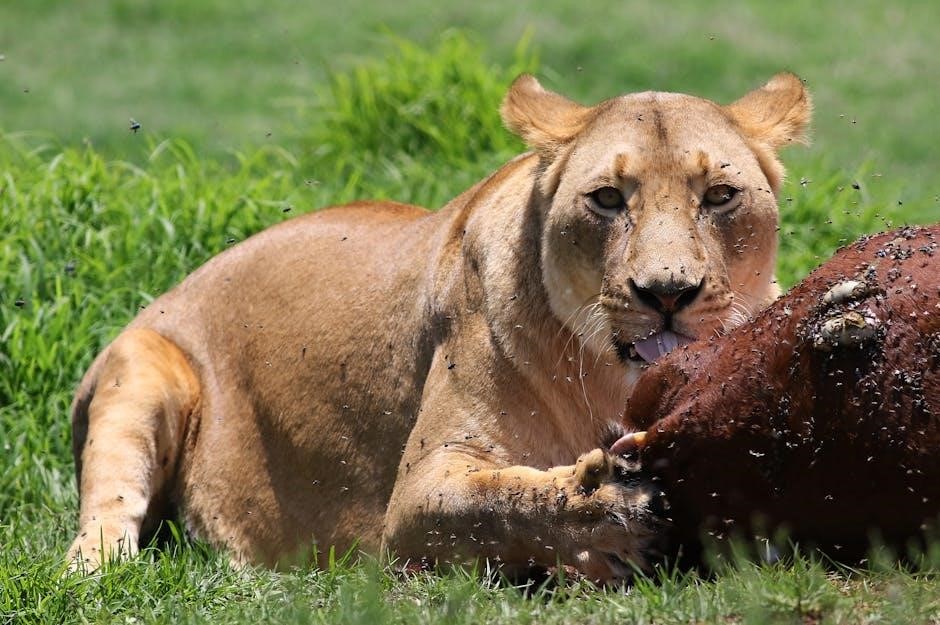
Advanced Certifications and Training
Advanced certifications refine a guide’s expertise, ensuring professionalism and safety. They include Wilderness First Aid, survival training, and specialized hunting certifications, enhancing reputation and skills.
Wilderness First Aid Certification
Wilderness First Aid Certification is crucial for hunting guides, providing advanced training in remote medical care. It equips guides to handle severe injuries, altitude sickness, and environmental exposures. The course covers wound management, splinting, and evacuation techniques. Certification ensures guides can respond effectively in emergencies, often far from medical facilities. This specialized training enhances safety and builds client trust. It is a key requirement for professional guides, demonstrating their commitment to safety and preparedness in the field.
Advanced Survival Training
Advanced Survival Training is essential for hunting guides, teaching critical skills for staying safe in extreme conditions. This includes building shelters, starting fires, and finding water in remote areas. Guides learn to navigate using natural signs and manage resources efficiently. The training also covers mental resilience and crisis management, ensuring guides remain calm and resourceful during emergencies. These skills are vital for protecting both the guide and clients in challenging environments, making it a cornerstone of professional development for aspiring guides.
Specialized Hunting Certifications
Specialized hunting certifications enhance a guide’s expertise, offering advanced knowledge in specific hunting disciplines. These certifications may focus on big game hunting, bowhunting, or predator control, ensuring guides meet high standards. They often involve rigorous testing and hands-on training, demonstrating mastery of specialized techniques. Such certifications not only boost credibility but also open doors to leading exclusive hunts and working with experienced clients. They are a key component in distinguishing skilled guides in a competitive field, ensuring safe and successful hunting experiences.
Becoming a hunting guide demands dedication, continuous learning, and a deep passion for the outdoors. It offers a rewarding career for those committed to sharing their expertise.
Final Thoughts on Becoming a Successful Hunting Guide
Becoming a successful hunting guide requires dedication, resilience, and a genuine passion for the outdoors. Continuous learning and adaptation are crucial, as well as fostering strong client relationships. Building a reputation for ethical practices, safety, and expertise will set you apart. Staying updated on regulations and wildlife behavior ensures long-term success. Networking and professional development further enhance opportunities. Ultimately, this career is rewarding for those who thrive in nature and are committed to sharing their knowledge and skills with others.
Continuous Learning and Adaptation
Continuous learning is vital for hunting guides to stay effective and relevant. Staying updated on changing regulations, wildlife behavior, and new techniques ensures adaptability. Guides must also remain open to evolving client needs and environmental conditions. Adaptation to shifting habitats and migration patterns is crucial for maintaining success in the field.
Seeking mentorship and attending workshops can further enhance skills and knowledge. Embracing lifelong learning fosters resilience and ensures guides remain competitive in a dynamic industry.
The Rewards of a Hunting Guide Career
A career as a hunting guide offers fulfilling opportunities to connect with nature and share passion with others. It provides a chance to work outdoors, build lasting client relationships, and contribute to conservation efforts. Many guides find personal satisfaction in teaching and mentoring, while others appreciate the financial rewards from successful excursions. The combination of adventure, camaraderie, and making a living from a love of the outdoors makes this profession deeply rewarding for those who pursue it.
Related Posts

acs organic chemistry study guide pdf free download
Download our comprehensive organic chemistry study guide PDF. Perfect for students and self-learners! Boost your chemistry knowledge today!

guide pro pants
Discover the ultimate Guide Pro Pants, crafted for professionals seeking durability and comfort. Perfect for any task, these pants are your reliable work partner.
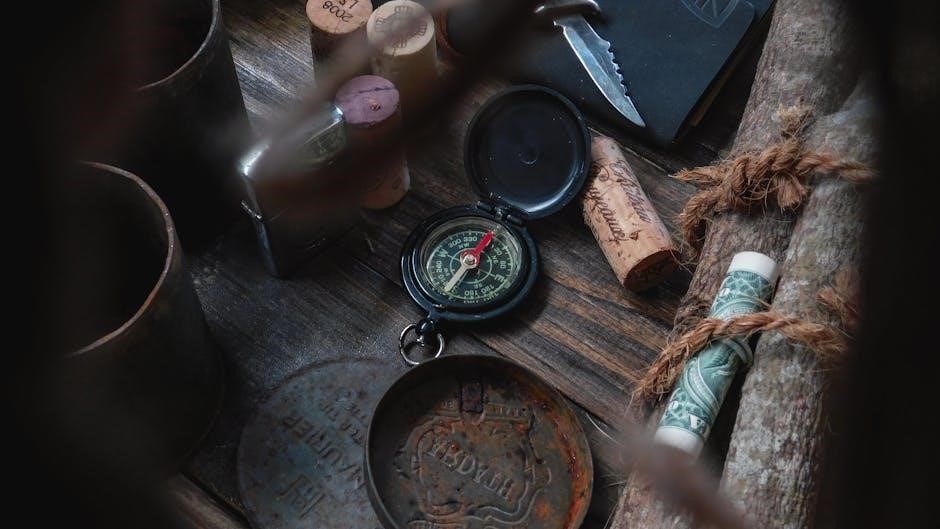
beers criteria 2023 pocket guide
Discover the ultimate Beers Criteria 2023 pocket guide. Your go-to resource for expert tips, key updates, and practical insights. Download now!